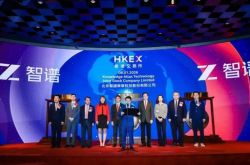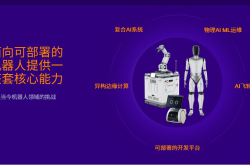"Does GAC's Call for 'Equal Rights for Oil and Electricity' Deserve Criticism from Netizens?"
![]() 06/11 2024
06/11 2024
![]() 594
594
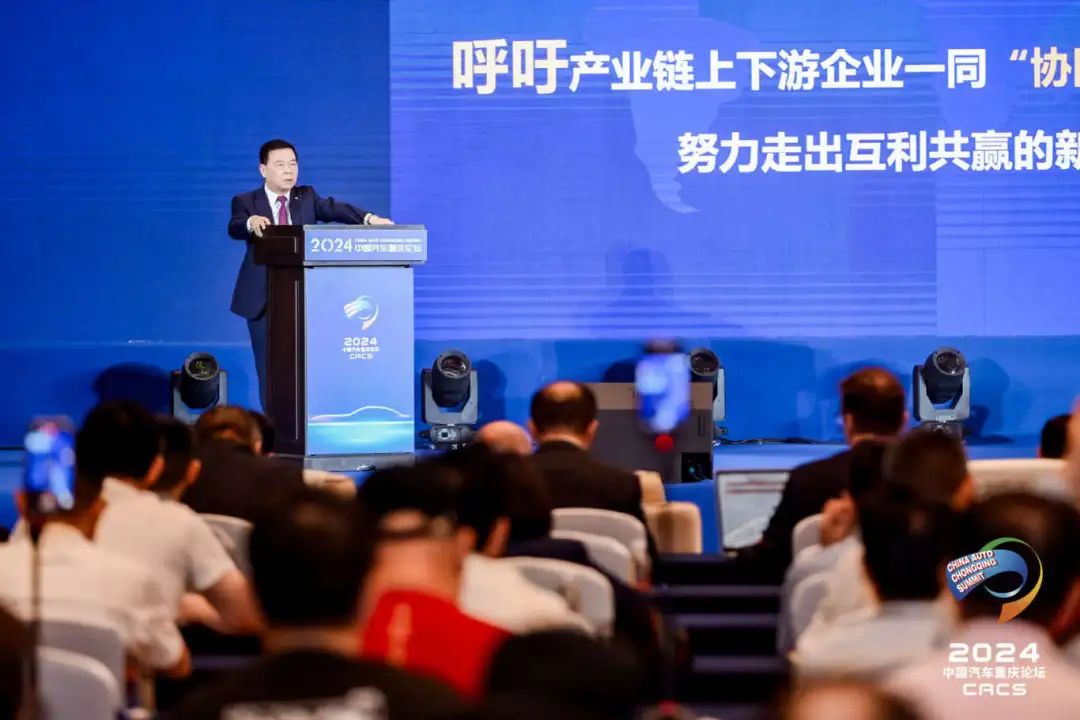
Introduction
Introduction
With the development of the new energy industry today, what kind of situation do we aspire to? Is it to move forward hand in hand, or is it the current state?
Author: Cao Jiadong
Editor-in-Charge: Cao Jiadong
Editor: He Zengrong
Regardless of whether it is due to some people creating rivalry within the industry, it is clear that the war between fuel vehicles and electric vehicles has yet to subside. On the contrary, as the tug-of-war between automakers enters a life-or-death stage, the discussions have reached a difficult-to-reconcile peak, filled with gunpowder.
The fundamental reason is that as more and more emerging automakers sweep through the original territory of joint-venture brands through their electric transformation and instill a new set of rules for consumers, many previously固化 industrial ecosystems begin to face collapse.
In recent years, it is not uncommon for overseas brands to shut down their joint-venture operations in China. From this perspective alone, when the joint ventures that once created significant profits become increasingly ineffective, and new energy development relies on burning money to survive, the resulting conflicts of interest eventually evolve into verbal battles and public opinion wars between enterprises, which is perfectly normal.
Frankly speaking, neither the vested interests nor the brands forced to cede the market are willing to give each other a moment's respite. Just as the market penetration rate of new energy vehicles continues to rise, the topic of "equal rights for oil and electricity" has been mentioned several times.
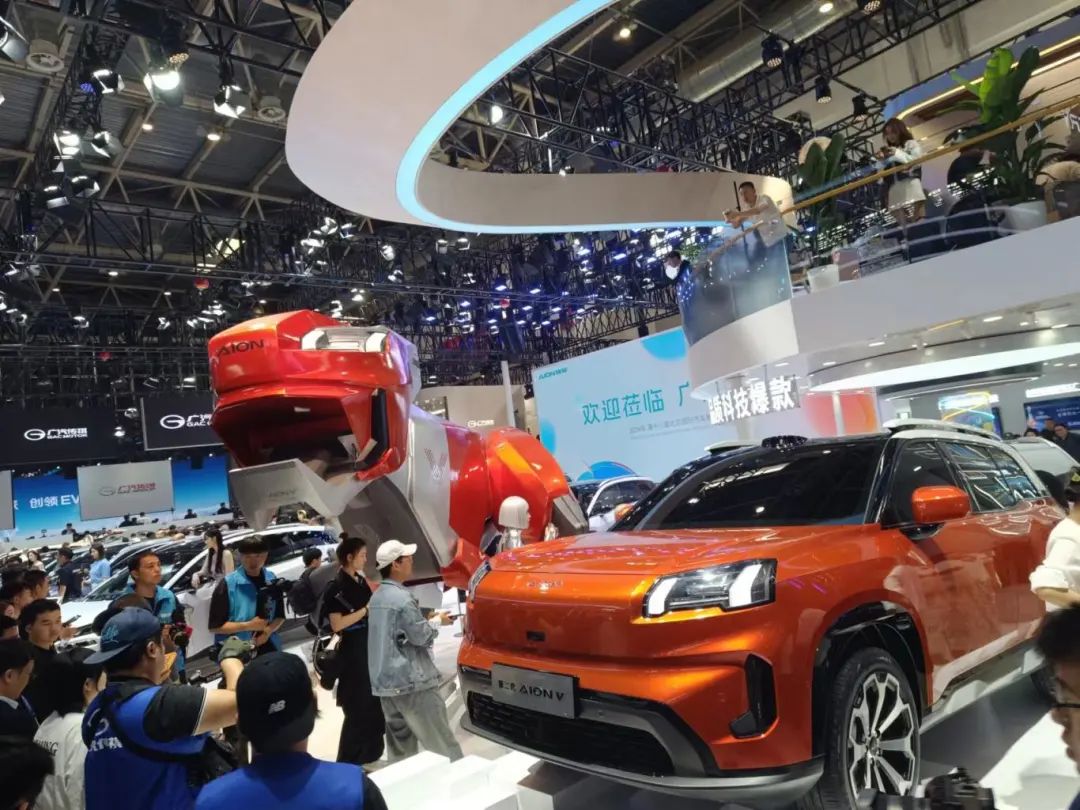
Traditional automakers always believe that it is time for new energy development to return to a fair competitive environment. New start-ups will argue that policy support is a necessary means for industrial change, and that before reaching a stage where Chinese brands dominate completely, the implementation of all means is in line with the rhythm of market development.
As the players in the game continue to pull and tug, the chaos in China's auto market is outrageous. On the surface, automakers call each other competitors, but behind the scenes, they unleash all sorts of open and covert attacks.
Recently, the attention and discussions sparked by GAC Group Chairman Zeng Qinghong's statement, "With the continuous increase in the proportion of new energy vehicles, government departments should study the 'equal rights for oil and electricity' policy to ensure the healthy development of enterprises," further highlighted the contradictory relationship between consumers and OEMs, automakers and automakers.
"Convoluted to the extreme, the conflict is about to erupt"
How convoluted is this year's auto market? The price wars and public opinion wars since the beginning of the year have virtually overturned the normal progress of the entire auto market. But at the same time, if you ask, are the automakers deeply involved in it really happy to do so?
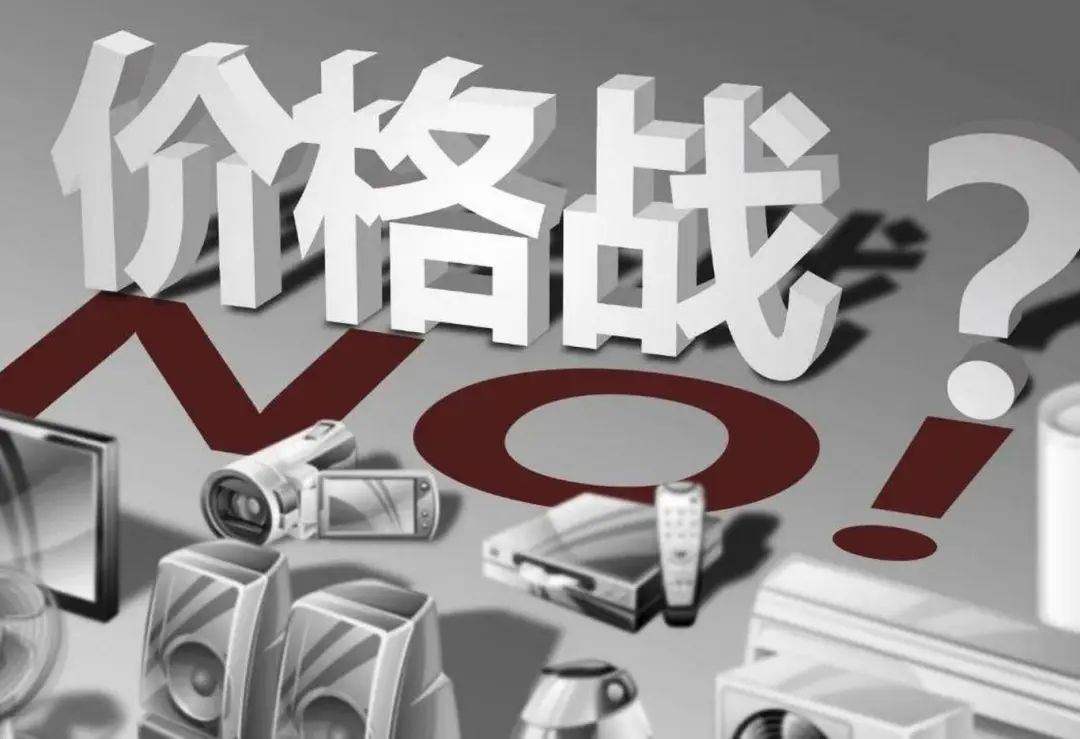
"If you can't handle the convoluted situation, just let those who are capable handle it."
"If you're not good, blame the industry for being too convoluted."
"It's all market behavior, and survival of the fittest is normal."
...
Indeed, many people would give such an evaluation of today's market. China's auto market has finally reached a stage of intense competition, isn't it great to leverage this momentum to complete industrial evolution by selecting the best from the best? And from this perspective, when automakers with numerous joint ventures take the lead in proposing the topic of "equal rights for oil and electricity," all fingers point directly at the enterprises themselves, which seems quite realistic.
After all, according to data from the China Association of Automobile Manufacturers in 2023, 26.063 million passenger cars were sold, of which 9.0438 million were new energy vehicles, accounting for 36.43%. The proportion of new energy vehicles from joint-venture brands was only 19.29%, 30.6 percentage points lower than the 49.9% of independent brands.
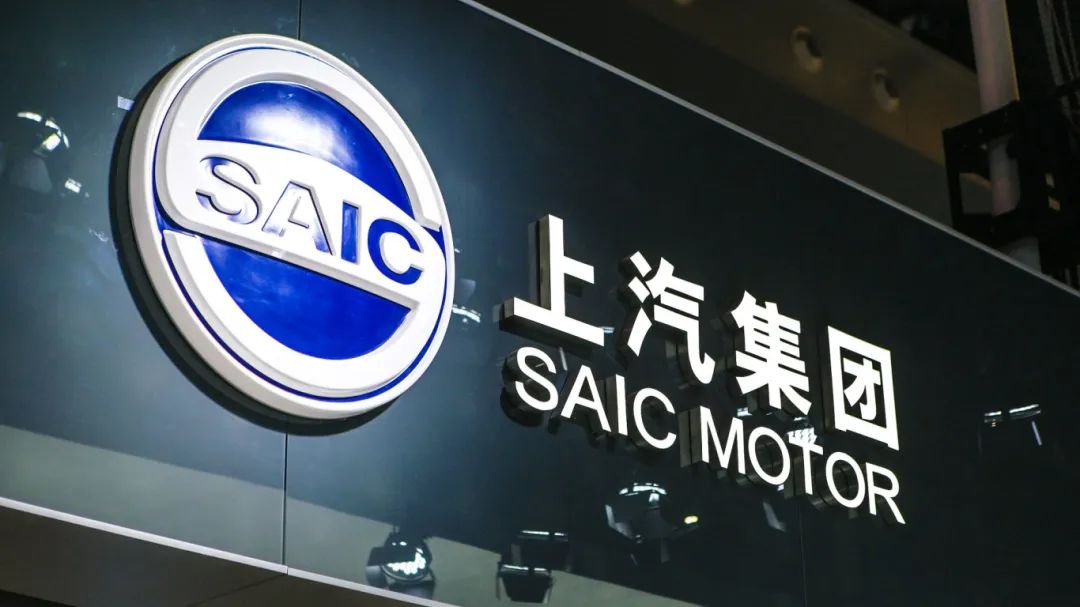
Entering 2024, in the past five months, the market share of joint-venture brands and independent brands has remained near 50% and restrained each other. On the other hand, the competition for market share in the new energy vehicle market has made life difficult for the former.
Based on this background, most observers firmly believe that GAC Group, which once relied on Toyota, Honda, and other Japanese automakers to thrive, is calling for equal rights for oil and electricity to find a way out for the company's future survival.
Similarly, the survival difficulties encountered by state-owned automakers such as SAIC, BAIC, and FAW this year also straightforwardly tell us that as the new energy industry grows, the pattern of this era will be rewritten.
Everyone knows that forcing joint-venture brands to withdraw from China or watching these companies struggle in the industry's electric transformation is what many people want to see now. If companies like Volkswagen, Toyota, and Honda cannot keep up with the pace of change in China's auto market and are thus abandoned by the market, it is a heavy blow from this era, and no one else can be blamed.
But to be honest, we cannot ignore the fact that there is a significant premise behind GAC Chairman Zeng Qinghong's call for equal rights for oil and electricity.
"Convoluting isn't the solution. What is the goal of an enterprise? To make a profit. And what is the purpose of making a profit? To contribute to the country and society, pay taxes, and create job opportunities. But how many layoffs have there been in the industry? GAC Group has also laid off a considerable number of employees. If this continues, what will it mean for society and the country?"
Obviously, the subtext of this statement is that even though China's new energy industry has achieved unprecedented development at this stage, and a few automakers have benefited significantly from it, for most enterprises, the intense industry convolution brings huge losses. If no adjustments are made, these losses are likely to be sustained. Such intense turmoil is unacceptable for enterprises.
Operating at a loss. Perhaps this is the current state of China's new energy vehicle market. Its main purpose is to enable China's auto industry to quickly complete a leapfrog evolution, so as to jump out of the passive development state of the past and grasp new initiative.
In just a few years, seeing Chinese automakers become thorns in the eyes of many international auto giants, or having the opportunity to be selected as partners by them, no one would think that accelerating transformation is wrong.
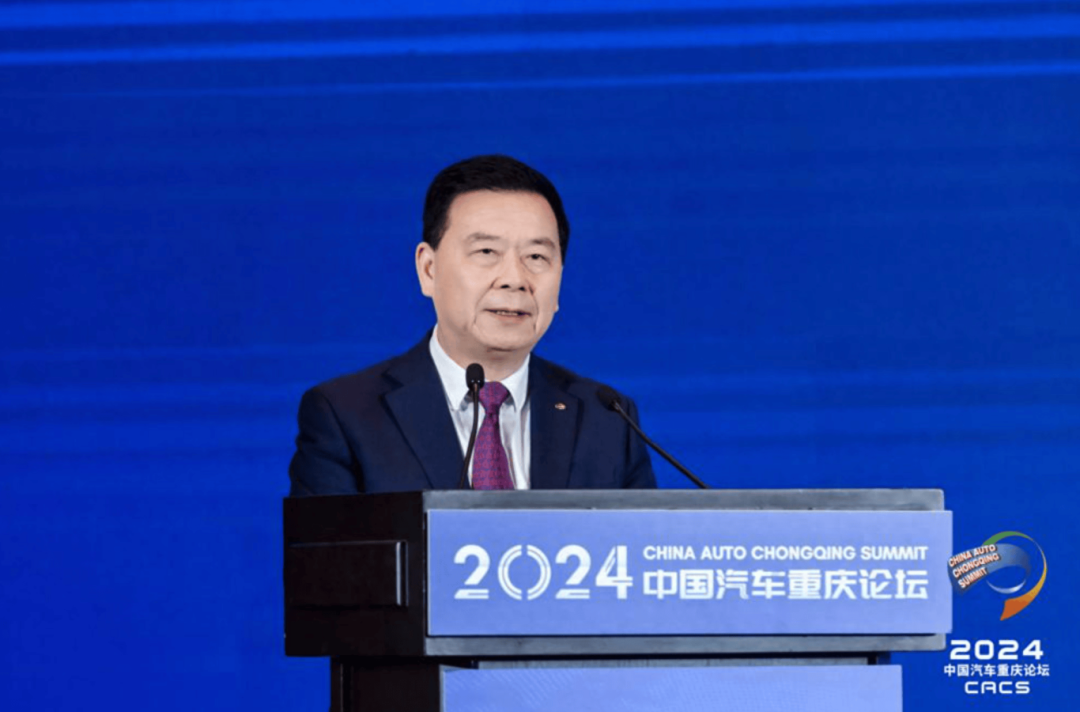
However, from a broader perspective, if making China's auto industry bigger and stronger is not the mission borne by any one enterprise, it is not unreasonable to consider the health and sustainability of industry development at this time when everyone is looking for a way out of losses.
Before the time for equal rights for oil and electricity arrives, there is no right or wrong
Returning to four years ago, on October 20, 2020, the General Office of the State Council issued the "New Energy Vehicle Industry Development Plan (2021-2035)," which pointed out the direction for the development of China's new energy vehicle industry to promote high-quality development of the automotive industry.
The plan clearly defined two important goals: by 2025, the sales volume of new energy vehicles should reach about 20% of the total sales volume of new cars; by 2035, China's new energy vehicle core technology should reach the international advanced level, and pure electric vehicles will become the mainstream, accounting for more than 50%. To achieve these goals, the development directions of "new four modernizations" - electrification, connectivity, intelligence, and sharing - have been set.
Today, regarding the development of China's new energy industry, we are well aware that compared to traditional automakers that are cautious and meticulous, Chinese enterprises' proactive attitude towards three-electric technology, industrial ecology, and supply chain construction is extraordinarily advanced.
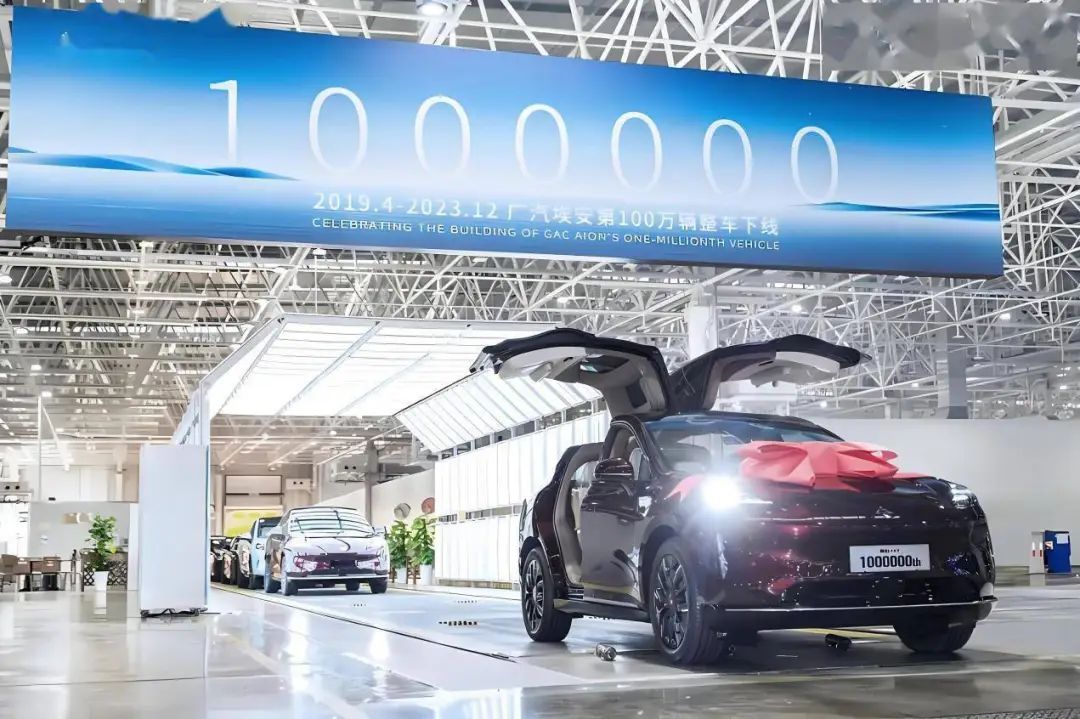
At present, facing the national task, like the development data mentioned by Zeng Qinghong when giving his suggestions, the market share of China's new energy vehicles has exceeded the planned timeline after experiencing intense internal competition.
If so, at this time when joint-venture brands are extremely unfriendly, regardless of whether GAC is stubbornly calling for equal rights for oil and electricity, isn't it advisable to slow down and give oneself more time to think about the future of the industry?
In fact, as early as one month ago, at the 2024 shareholders' meeting of Great Wall Motors, Wei Jianjun, Chairman of Great Wall Motors, also stated that the losses of electric vehicles in the automotive industry increased in 2023, and the intensity of competition in the industry will not decrease in the next three years. In the long run, sustained losses are difficult to support enterprise development.
Therefore, the outside world can simply believe that at this moment, under a market economy, any intense competition is acceptable, but this cannot change the fact that after vigorously promoting new energy vehicles so far, there are still very few automakers that can obtain sustainable development momentum.
So, is policy support the fundamental reason for the booming development of new energy vehicles?
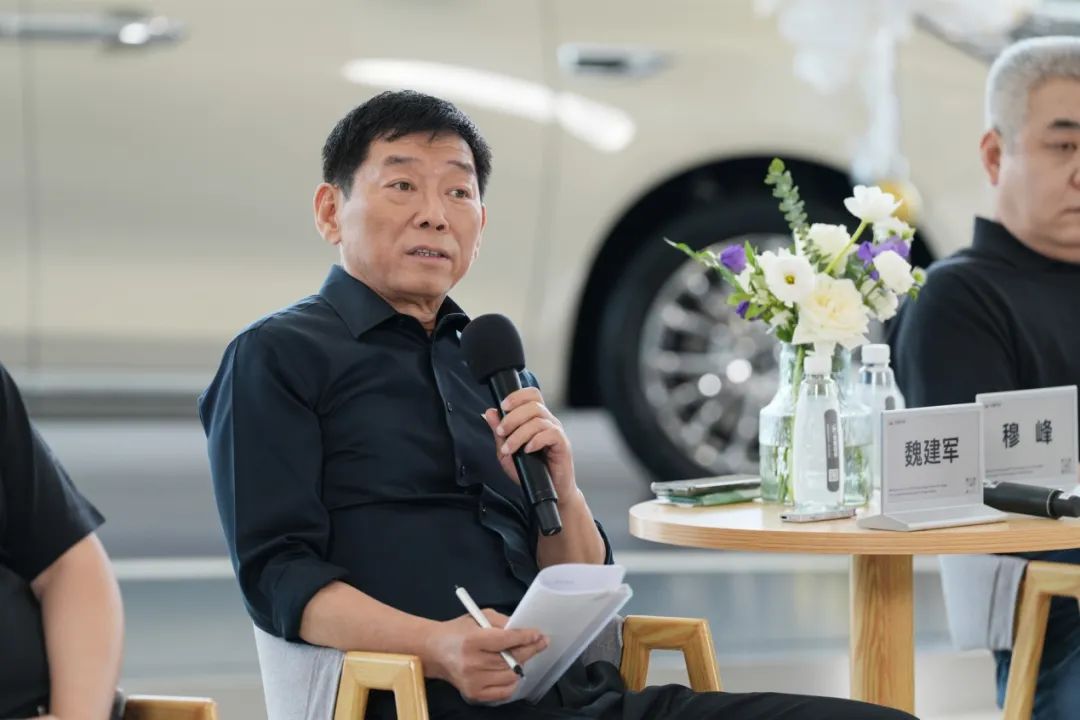
In July 2018, the Ministry of Finance issued a notice exempting new energy vehicle models, including pure electric commercial vehicles, plug-in (including extended-range) hybrid vehicles, and fuel cell commercial vehicles, from vehicle and vessel taxes, becoming one of the effective support policies for the new energy industry after the subsidy fraud stage.
In June 2019, the National Development and Reform Commission, the Ministry of Ecology and Environment, and the Ministry of Commerce jointly issued the "Implementation Plan for Promoting the Upgrade and Recycling of Key Consumer Goods (2019-2020)," which highlighted that all localities must not implement restrictions on the purchase of new energy vehicles, and those already implemented should be cancelled.
...
In May 2024, the State Council issued the "Energy Conservation and Carbon Reduction Action Plan for 2024-2025," which once again emphasized that to promote the low-carbon transformation of transportation equipment, it is necessary to gradually eliminate restrictions on the purchase of new energy vehicles in various localities and implement supportive policies to facilitate the passage of new energy vehicles.
Today, as support policies in various regions still play a role in stimulating automobile consumption to varying degrees, the answer to this question cannot be given definitively. However, in the long run, tax exemptions, no restrictions on travel, no restrictions on purchases, and low usage costs have indeed been the key factors for consumers to choose new energy vehicles.
Taking the Shanghai area as an example, since hybrid vehicles are no longer eligible for free Shanghai license plates, the sales of most hybrid models in Shanghai have still seen a significant decline.
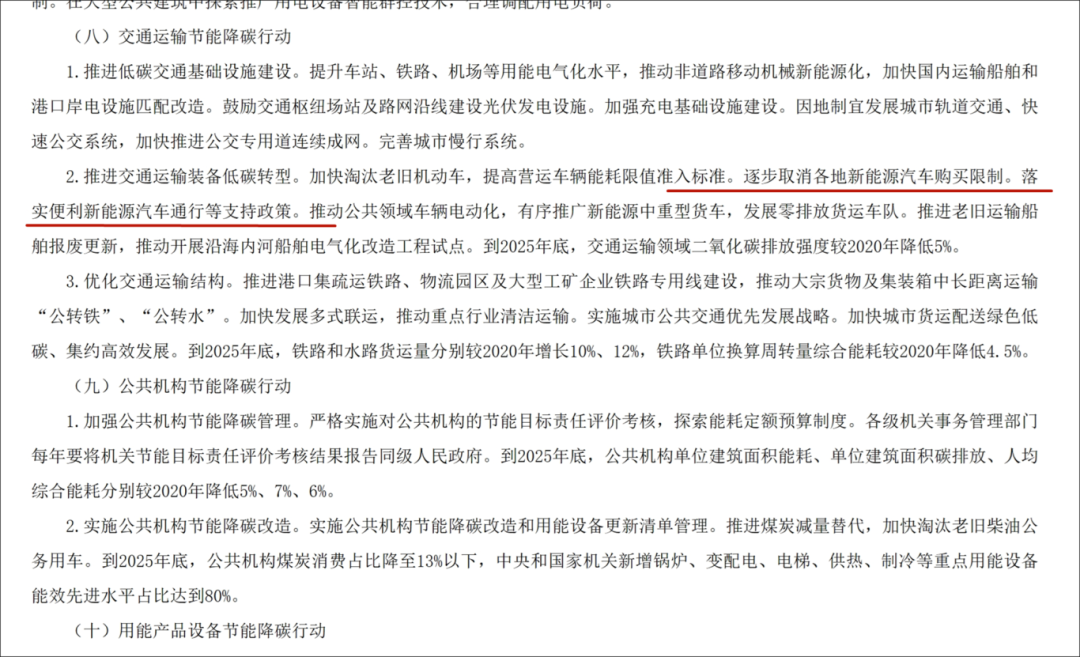
Because of this, regardless of Zeng Qinghong's identity as the chairman of GAC Group, if the "equal rights for oil and electricity" were truly implemented, the outside world should believe that the market penetration rhythm of new energy vehicles would be affected to some extent.
In fact, GAC's original intention in calling for equal rights for oil and electricity is always multifaceted. The poor sales of joint-venture brands weakening the group's ability to generate blood, resulting in internal layoffs, salary cuts, and other conflicts, is just one aspect.
In comparison, when the current situation of intense internal competition cannot be alleviated, and more and more enterprises enter a state of loss but still remain in the market to compete, once the iron fist of cost reduction falls on the manufacturing end and the supply chain ecosystem, it is not something that can be addressed with a few words like "just fix it when there's a problem." Looking at history, it is not impossible for such a situation to arise when competition reaches a breaking point.
Healthy and orderly development has always been the original color of China's auto market development. No one will oppose competition in compliance with the basic rules of market operation, and survival of the fittest is a microcosm of market evolution. Whether oil and electricity have equal rights is never the key factor that determines who stays and who goes. However, in this period when everyone is embroiled in price wars and using extreme means that "hurt the enemy a thousand times and damage themselves a thousand times," it is still worth exploring how to make the market more rational, less deceptive, more collaborative, and less confrontational.


